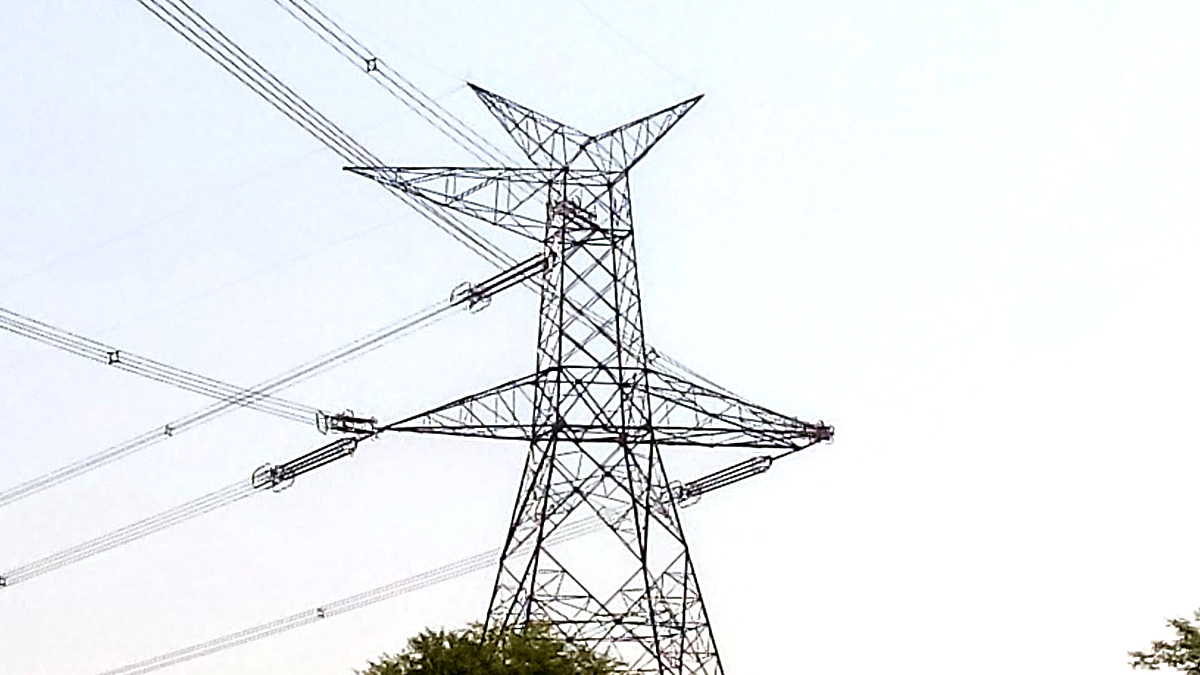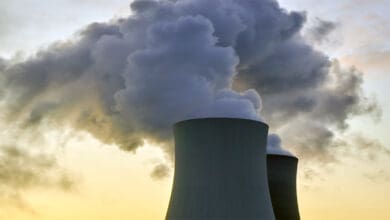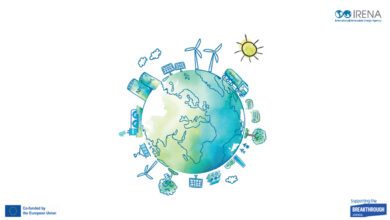The nuclear regulator in United Arab Emirates has issued an operating licence for the second unit of the Barakah nuclear power plant, an official from the regulator said. The plant in the Al Dhafrah region of Abu Dhabi, one of the seven emirates making up the UAE and the nation’s capital, is the first nuclear power station in the Arab world and part of the Gulf oil producer’s efforts to diversify its energy mix. Barakah’s Unit 1 was connected to the national power grid in August and in December reached 100% of reactor power capacity during testing.
Unit 1’s commercial operations are expected to start this year, Hamad Al Kaabi, deputy chairman of Federal Authority for Nuclear Regulation (FANR) and the UAE’s representative at the International Atomic Energy Agency (IAEA), told journalists.
The project has faced delays, some related to training staff as the country builds a nuclear industry from scratch. Construction on Unit 1 began in 2012 and the plant was expected to start up in 2017, but FANR did not grant a licence to the operator Nawah Energy Company until February 2020.
Nawah first applied to FANR for licences for the two units in 2015.
When completed Barakah, which is being built by Korea Electric Power Corp (KEPCO), will have four reactors with 5,600 megawatts (MW) of total capacity equivalent to around 25% of the UAE’s peak demand.
Construction of Unit 3 is 94% complete and Unit 4 is 87% complete, Kaabi said.
Asked about security at the plant, Kaabi said measures were in place to protect the site from physical and cyber threats. He did not provide details. The Houthi movement in Yemen, where the UAE was embroiled in a conflict for several years, said in 2017 it had fired a missile towards the plant. The UAE authorities denied this.













